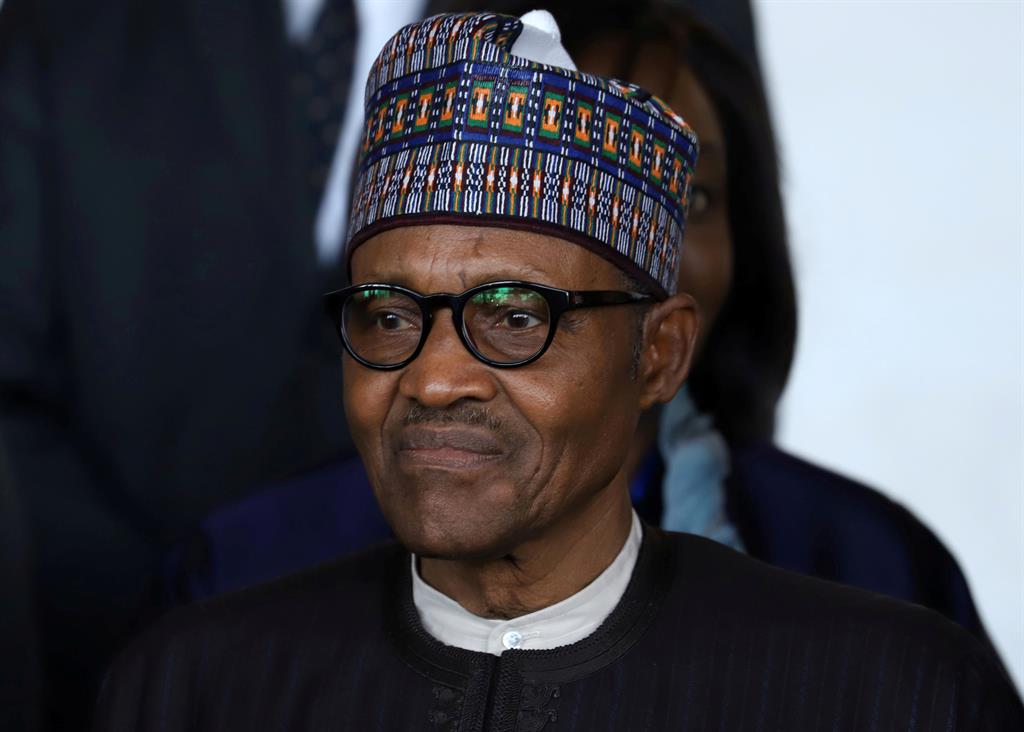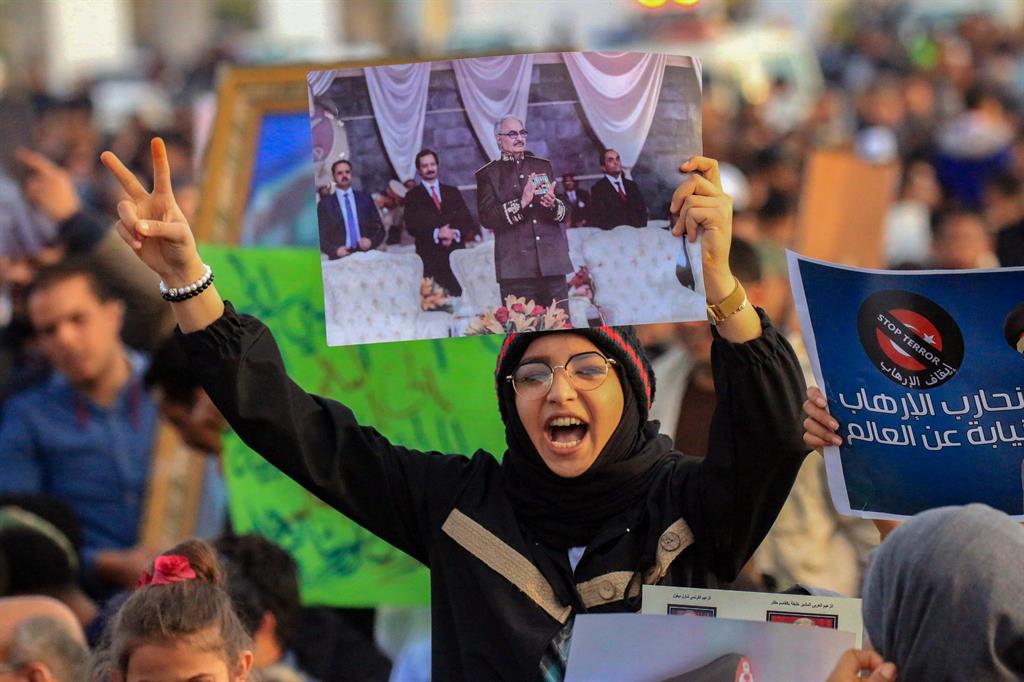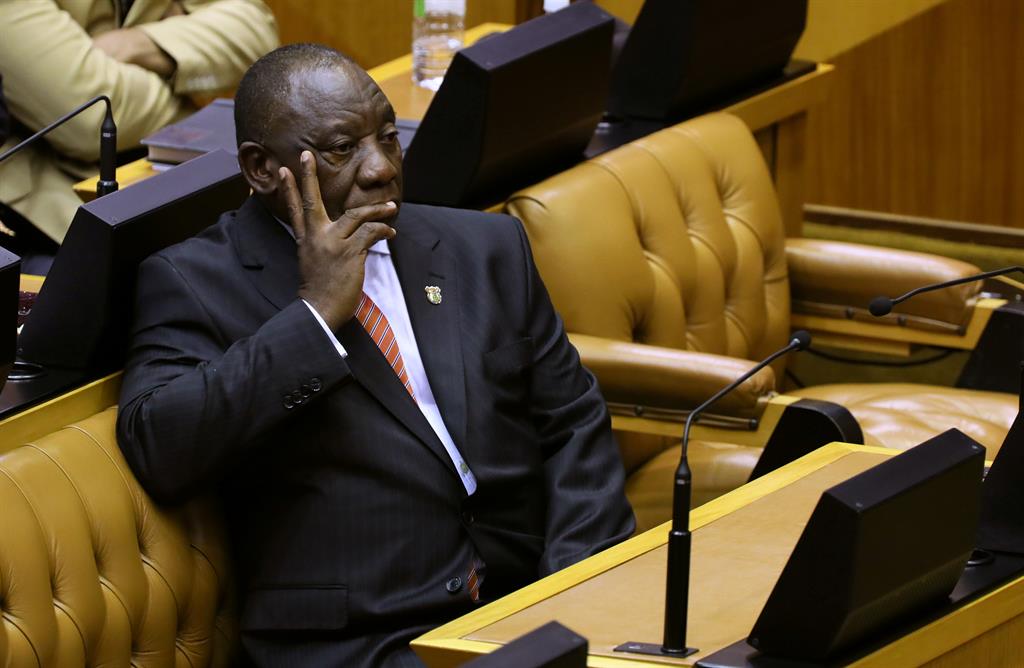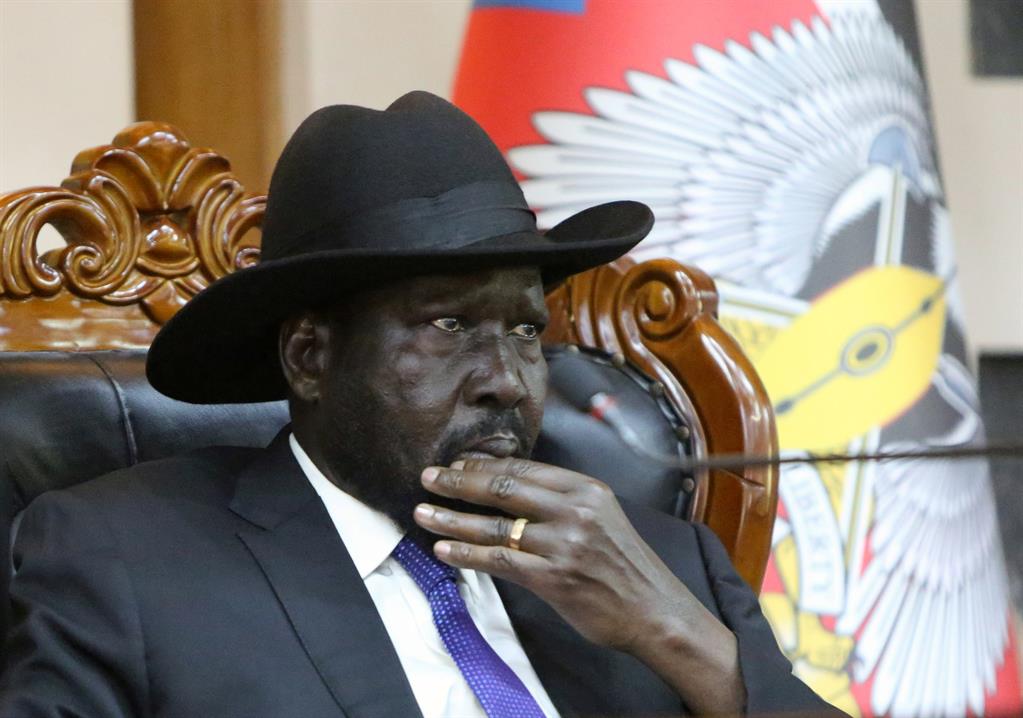Africa Briefs
SA union says wage deal not open for review
South African trade union NEHAWU, one of the country's largest public sector unions, said on Friday that current wage agreements were sacrosanct and not open for review.
NEHAWU's comments come after president Cyril Ramaphosa said his government was speaking to unions about measures to contain the public sector wage bill.
The wage bill is a key worry for ratings agencies, since it accounts for around a third of consolidated government expenditure.
Government agreed a three-year public sector wage deal in 2018 that runs until the end of March 2021. NEHAWU says it hasn't yet received a mandate from its members about how to negotiate over salaries from April 2021.
Fitch said on Friday that it did not expect finance minister Tito Mboweni to make clear commitments on reducing the public sector wage bill in a budget speech later this month. – Nampa/Reuters
Nigeria's border closure conundrum discussed
West African ministers met on Saturday to search for solutions to regional powerhouse Nigeria's shock decision to close its borders last August to curb smuggling.
The Economic Community of West African States (ECOWAS) has been at loggerheads with Nigeria since Africa's largest economy shut its land frontiers with Niger and Benin to curb smuggling of rice and other commodities.
The move "strikes at the roots of our grouping - the free circulation of people and goods", said Salou Djibo, Niger's army chief, from the conference in Burkina Faso's capital Ouagadougou.
"The unilateral closure of the borders goes against all the commercial and free movement treaties signed by Nigeria in the framework of ECOWAS," he said.
The decision drew the ire of Nigeria's neighbours, particularly Benin, which shares an economically vital land border and where many citizens thrive from exporting to Africa's largest market of 190 million people. – Nampa/AFP
Libya faces financial crisis due to oil blockade
Libya will face a financial crisis and a budget deficit in 2020 because of a blockade of oil terminals and oil fields by groups loyal to eastern-based commander Khalifa Haftar, the head of Libya's internationally recognised government said on Saturday.
The North African country's oil output has fallen sharply since Jan. 18 when the blockade started. State-run National Oil Corporation (NOC) said on Thursday crude output had dropped to 163 684 barrels per day.
The country had lost more than US$1.4 billion since the start of the blockade.
The Libyan National Army led by Haftar and forces aligned with the internationally recognised Government of National Accord (GNA) in Tripoli have been fighting since April last year for control of the capital.
Fighting has continued despite a call for a truce by Russia and Turkey starting on Jan. 12 and an international summit on Libya in Berlin on Jan. 19 aimed at reducing international interference. – Nampa/Reuters
S. Sudan cuts number of states
South Sudan’s president Salva Kiir said on Saturday he was cutting the number of states from 32 to 10, unlocking a stalled peace deal and paving the way for the formation of a long- awaited unity government.
"The compromise we have made today is a painful decision but a necessary one if that is what brings peace", Kiir said in a statement. "I expect the opposition to be prepared to do the same."
The regional group IGAD had given the government until Saturday to find a solution over the number of states the country should have.
Disagreement between Kiir and former rebel leader Riek Machar over the number of states as well as a failure to integrate different fighting forces have been major obstacles to completing the peace process.
"In general we welcome the decision taken by the president to take the country to 10 states," said Manawa Peter, deputy spokesman of Riek Machar, adding, "this is a win-win decision for the people and we commend the president for his wise choice." – Nampa/Reuters
South African trade union NEHAWU, one of the country's largest public sector unions, said on Friday that current wage agreements were sacrosanct and not open for review.
NEHAWU's comments come after president Cyril Ramaphosa said his government was speaking to unions about measures to contain the public sector wage bill.
The wage bill is a key worry for ratings agencies, since it accounts for around a third of consolidated government expenditure.
Government agreed a three-year public sector wage deal in 2018 that runs until the end of March 2021. NEHAWU says it hasn't yet received a mandate from its members about how to negotiate over salaries from April 2021.
Fitch said on Friday that it did not expect finance minister Tito Mboweni to make clear commitments on reducing the public sector wage bill in a budget speech later this month. – Nampa/Reuters
Nigeria's border closure conundrum discussed
West African ministers met on Saturday to search for solutions to regional powerhouse Nigeria's shock decision to close its borders last August to curb smuggling.
The Economic Community of West African States (ECOWAS) has been at loggerheads with Nigeria since Africa's largest economy shut its land frontiers with Niger and Benin to curb smuggling of rice and other commodities.
The move "strikes at the roots of our grouping - the free circulation of people and goods", said Salou Djibo, Niger's army chief, from the conference in Burkina Faso's capital Ouagadougou.
"The unilateral closure of the borders goes against all the commercial and free movement treaties signed by Nigeria in the framework of ECOWAS," he said.
The decision drew the ire of Nigeria's neighbours, particularly Benin, which shares an economically vital land border and where many citizens thrive from exporting to Africa's largest market of 190 million people. – Nampa/AFP
Libya faces financial crisis due to oil blockade
Libya will face a financial crisis and a budget deficit in 2020 because of a blockade of oil terminals and oil fields by groups loyal to eastern-based commander Khalifa Haftar, the head of Libya's internationally recognised government said on Saturday.
The North African country's oil output has fallen sharply since Jan. 18 when the blockade started. State-run National Oil Corporation (NOC) said on Thursday crude output had dropped to 163 684 barrels per day.
The country had lost more than US$1.4 billion since the start of the blockade.
The Libyan National Army led by Haftar and forces aligned with the internationally recognised Government of National Accord (GNA) in Tripoli have been fighting since April last year for control of the capital.
Fighting has continued despite a call for a truce by Russia and Turkey starting on Jan. 12 and an international summit on Libya in Berlin on Jan. 19 aimed at reducing international interference. – Nampa/Reuters
S. Sudan cuts number of states
South Sudan’s president Salva Kiir said on Saturday he was cutting the number of states from 32 to 10, unlocking a stalled peace deal and paving the way for the formation of a long- awaited unity government.
"The compromise we have made today is a painful decision but a necessary one if that is what brings peace", Kiir said in a statement. "I expect the opposition to be prepared to do the same."
The regional group IGAD had given the government until Saturday to find a solution over the number of states the country should have.
Disagreement between Kiir and former rebel leader Riek Machar over the number of states as well as a failure to integrate different fighting forces have been major obstacles to completing the peace process.
"In general we welcome the decision taken by the president to take the country to 10 states," said Manawa Peter, deputy spokesman of Riek Machar, adding, "this is a win-win decision for the people and we commend the president for his wise choice." – Nampa/Reuters







Kommentaar
Republikein
Geen kommentaar is op hierdie artikel gelaat nie